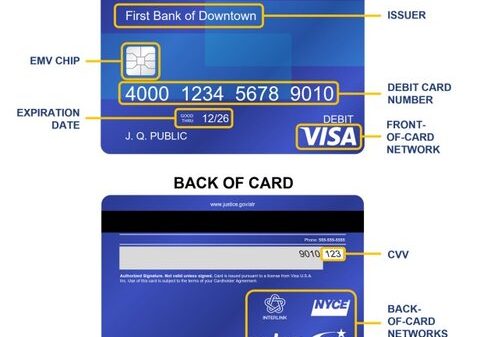More companies in England and Wales went bankrupt in March than at any point since monthly records began three years ago.
With businesses struggling to pay rising billsand higher interest rates while the economy stagnates, the Insolvency Service said the number of corporate insolvencies jumped to 2,457 last month, up 16% on a year earlier and up from 1,784 in February.
The rise also represented a 55% leap compared with pre-pandemic levels in March 2019, when 1,581 companies went bust.
Insolvency experts said the rate of company collapses was likely to keep rising during the year as more businesses throw in the towel amid stubbornly high inflation and rising interest rates.
In Cardiff, Louise O’Leary, who owns and runs the Frolics Cafe on the city’s outskirts, said the escalating costs of food, energy and staff wages to compensate for inflation had forced her to rely on credit cards to pay bills. “Those higher costs have cleared out any profit I used to make and meant I need loans to survive,” she said.
O’Leary employs one full-time and seven part-time staff and is increasing prices to close the gap between her outgoings and income. “But we need to do that slowly because so many of our customers are on low incomes,” she said, adding that she was especially angry that the government had ended its business energy support scheme.
“I cannot understand why during the pandemic small businesses were looked after and now we are being thrown to the dogs. How can you be so highly regarded one minute and not regarded at all the next,” she said.
Government support programmes during the Covid-19 pandemic are credited with preventing a wave of companies falling into insolvency. But recent cuts are expected to mean insolvency rates rise again.
David Kelly, the head of insolvency at the accountant PwC, said: “Businesses are struggling to secure financing and pay off their loans due to high interest rates and the wider impact inflation and consumer sentiment is having on sales and cashflows. Company insolvencies will likely continue to rise in the short term, making for a challenging spring.”
The Insolvency Service said creditors’ voluntary liquidations, a process that allows directors to formally close a company they believe has become insolvent, were the biggest driver of corporate insolvency in March.
Individual insolvencies also rose sharply in March, although they were down 1% on a year ago.
Breathing space applications – which holds off creditor action for 60 days so people in debt can reorganise their finances – rose to a new high in March, having been introduced in May 2021.
Christina Fitzgerald, the president of the insolvency and restructuring trade body R3 and a partner at the law firm Edwin Coe said: “Business owners have spent three years trading through a pandemic and economic uncertainty, and an increasing number are choosing to shut their businesses before that choice is taken away from them and as the turbulent trading climate proves too much.”
Fitzgerald said April would be a turning point for many businesses after the withdrawal in March of the government’s energy bill relief scheme. She said it meant “many businesses will be facing further increases in costs at a time when they can ill-afford them”.
Read more:
Monthly insolvencies in England and Wales hit three-year high
























